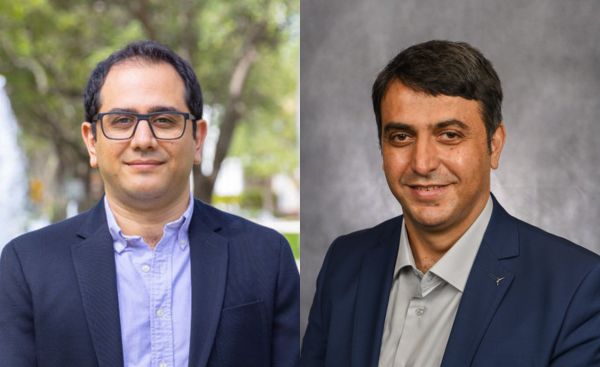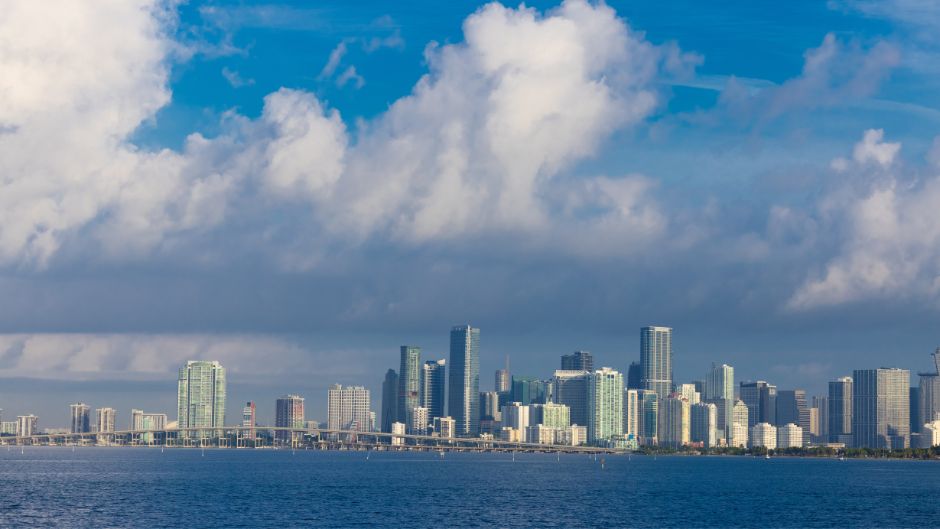The University of Miami has been selected as one of 10 higher education institutions by the Department of Energy (DOE) to establish a new energy center dedicated to advancing research and education and providing training for regional energy professionals. The Southeast Building Training and Assessment Center (SEBTAC) will be funded through a 3-year, $900,000 grant.
The funding, made possible by the Bipartisan Infrastructure Law, will identify opportunities for commercial and institutional buildings, community-serving buildings, and K-12 schools to save energy, improve productivity, and reduce waste while helping expand training opportunities for in-demand, high-quality jobs.
“This initiative aligns with our commitment to foster innovation, research, and collaboration in the field of clean energy," said Ramin Moghaddass, associate professor at the University of Miami College of Engineering and director of the newly established SEBTAC. “One of our key focuses in this project is to utilize advanced data analytics and machine learning methods to effectively analyze the energy consumption data collected from sensors to uncover meaningful and trustable insights, identify hidden patterns, and make informed decisions to optimize energy usage and enhance building energy efficiency and environmental performance.”
On average, 30% of the energy used in commercial buildings is wasted, according to the U.S. Environmental Protection Agency. The SEBTAC will contribute significantly to the enhancement of sustainable practices in Miami, including improving building energy efficiency and reducing water supply constraints.
To reduce waste and increase efficiency, the SEBTAC has been tasked to develop new tools, technologies, and training materials, which will help offer upskilling opportunities for energy professionals, including current building energy engineers, managers, and technicians. As part of the training activities, participants will finish these programs prepared for roles as building energy managers, energy analysts, insulators, heating, and HVAC professionals, and advanced manufacturing technicians for growing clean energy sectors.
“This grant will enable us to collaborate closely with our community partners in South Florida and Puerto Rico towards building a robust talent pipeline in energy efficiency in our regions, with a dedicated focus on fostering inclusivity and opportunities for underrepresented and minority groups,” emphasizes Murat Erkoc, associate professor at the College of Engineering and assistant director of SEBTAC. 
As the principal investigator and director, Moghaddass will be working closely with Erkoc, Universidad Ana G. Méndez Recinto de Gurabo, Florida Atlantic University (FAU), Community Dreams Foundation, and Calc Engineering as subcontractors. This project will be a comprehensive joint effort between academic institutions as well as regional and national stakeholders in the clean energy space, including the Building Efficiency 305 Program in Miami-Dade County, Southeast Florida Regional Climate Change Compact, Association of Energy Engineers (AEE), The CLEO Institute, Florida Department of Agriculture and Consumer Services Office of Energy, Miami Workers, FAU Office of PK-12 Schools, and Educational Programs Research Committee.

